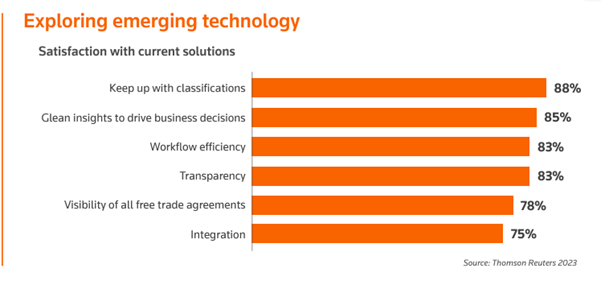What is an EIN? Why do I need one?
Here’s what you need to know about applying for an EIN and the possible benefits it could bring. Here’s what you need to know about applying for an EIN and the possible advantages it could bring.
At a glance:
An EIN is a tax ID number for businesses.
- Some businesses are required to have an EIN, but all business types can apply for one.
- Applying for an EIN is free and can be done online through the IRS website.
- What is an EIN?
Think of an EIN as a Social Security number for your business. It is a nine-digit tax ID number for your business that helps the IRS identify it for tax and reporting. You can apply for an EIN regardless of whether you need it or not. All business types can apply for an EIN, even a sole proprietorship.
Your business requires an EIN if:
You currently have or plan to hire employees.
You operate as a corporation or partnership.
You withhold taxes on income paid to nonresident aliens.
- You have a solo 401(k) retirement plan or other self-employed retirement plan (sometimes called Keogh plans).
- You buy or inherit a business.
- You file any of the following tax returns: Employment, Excise, or Alcohol, Tobacco and Firearms.
- Certain types of organizations — like trusts, estates, and non-profits — also require getting an EIN.
- Tax Tip:
- To help you determine if an EIN is necessary for your business, check out the full IRS questionnaire. If you answered yes to any of the questions, then your business will need an EIN. To do so, you must fill out Form SS-4, Application for Employer Identification Number.
How do I apply for an EIN?
Online: One of the easiest ways to apply for an EIN is through the IRS website. You must complete your application in a single session. You can also print out Form SS-4 and fill it out before mailing or faxing it to the IRS. Phone:
If your application is from outside the United States, you can obtain your EIN by calling 267-941-1099. This number is not toll-free. It’s available between 6 am and 11 pm ET. However, getting an EIN comes with several advantages:
Legal separation:
An EIN separates your business finances from your personal affairs, giving you more liability protection and simplifying your finances. However, getting an EIN comes with several advantages:
- Legal separation: An EIN separates your business finances from your personal affairs, giving you more liability protection and simplifying your finances.
- Business bank account: Many banks require proof of an EIN to open a business bank account — even as a sole proprietor. Having a business bank account will also help you apply for business loans or credit lines.
- Avoiding identity theft: Using an EIN instead of your personal Social Security number reduces the risk of identity theft since you don’t have to constantly give out your SSN for business purposes.
Building business credit:
Having an EIN can also help establish good credit for your business. When you apply for credit using your EIN, the account will appear on your business report and contribute to your business score. Can I change my EIN number? If your business ownership is changing or if the structure of your business is changing, then you may need a new EIN. The IRS has a page that explains when a business structure might need a new EIN. An EIN is a useful tool for anyone who wants to separate their personal and business finances. It’s easy and free to get an EIN, and it can be a valuable tool for any business owner.






